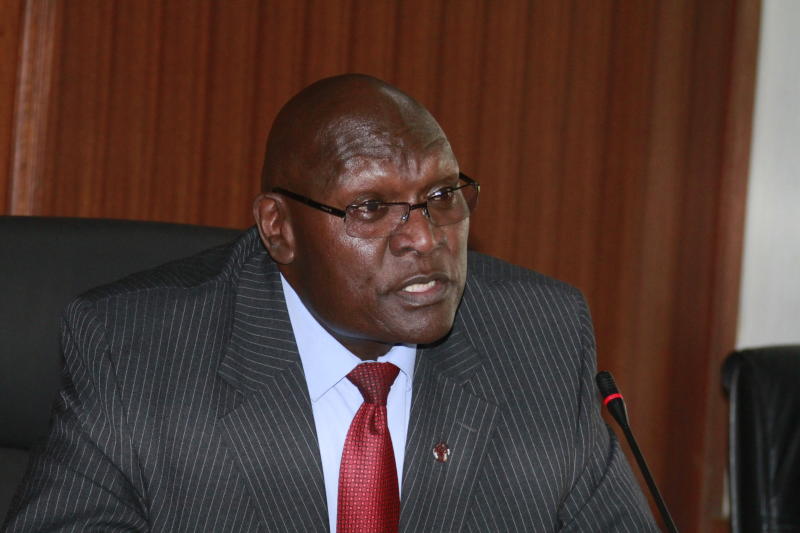×
The Standard e-Paper
Fearless, Trusted News

Major Kenyan airlines have been thrown into the spotlight after claims they could have entered into contracts with oil marketers who have no licences from the Energy Regulatory Commission (ERC).
National carrier Kenya Airways (KQ) and domestic carriers Fly540 and Safarilink on Thursday appeared before the National Assembly’s Departmental Committee for Energy to explain how they floated tenders for supply of jet fuel and the marketers who were awarded the contracts.